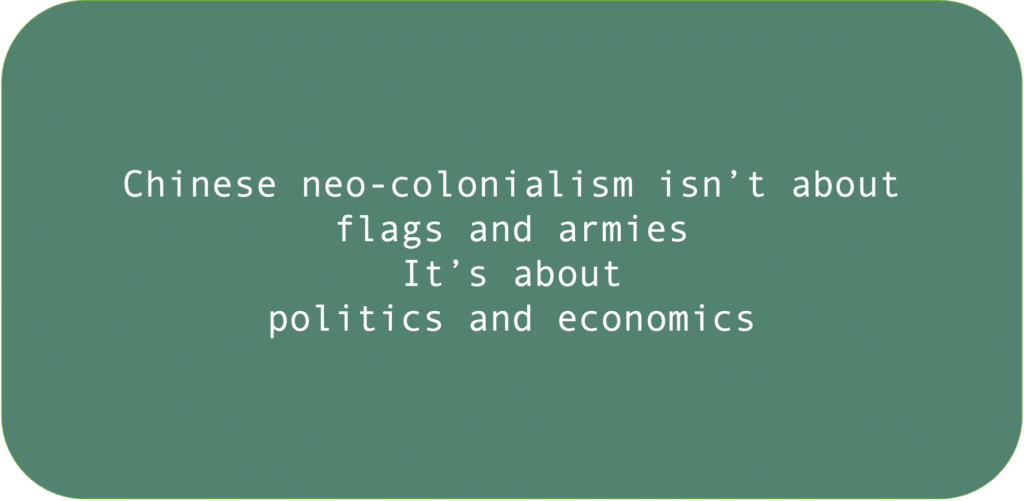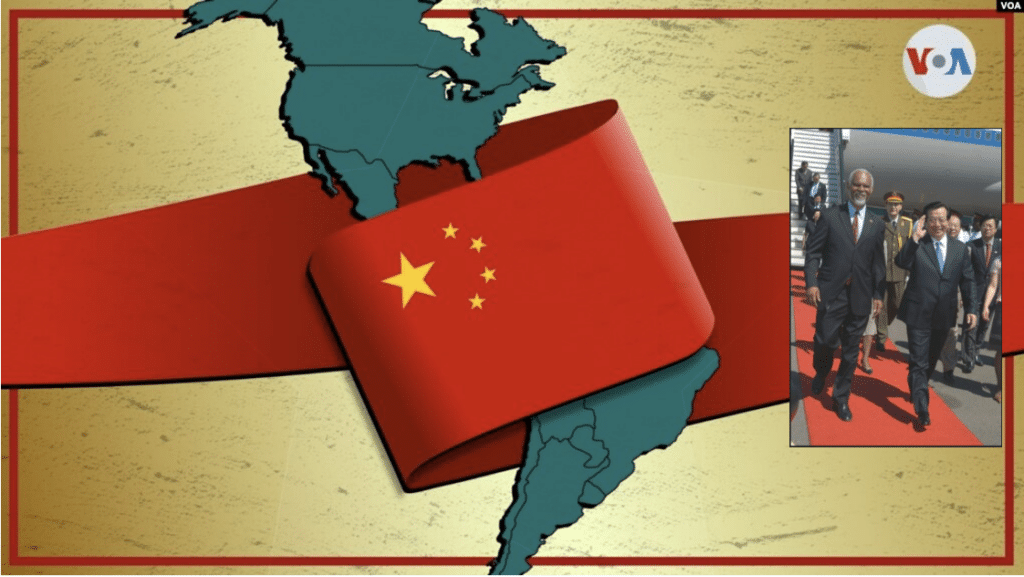
The new Cold War: China’s economic invasion
In 1962, the Soviet Union threatened America’s sphere of influence by basing missiles in Cuba. President John F. Kennedy threatened nuclear confrontation if it did not retreat. The Soviet Union blinked, and the Cold War stayed cold.
Fast-forward to today, and China is posing a similar threat. Except that instead of missiles, China is deploying money and manpower.
The United States, Europe, and Japan are nervously eyeing China’s muscle-flexing in Asia, but they seem blind to its quiet invasion of the Caribbean, Latin America, and Africa. China’s not just parking state-controlled enterprises in Cuba—they’re everywhere.
China is sinking its claws into pharmaceuticals, petroleum, machinery, engineering, textiles, telecoms, electronics, financial services, and transshipment. Targeted countries are duly wary of China’s growing military might, but they see its economic infiltration as benign.
Of course, Troy regarded Sparta’s wooden horse as benign, too — until it became the proverbial Trojan horse.
Playing the superpower game
This week, the China-Caribbean Economic and Trade Cooperation Forum in Jamaica will feature Vice President Zeng Qinghong executing China’s geopolitical strategy. He’s playing Santa, bearing gifts of unparalleled capital investments and promising Chinese tourists in the tens of millions, which is clearly no exaggeration. Locals, understandably, are giddy with glee.
(Video added in 2023)
After all, China’s search for new markets is really a quest for political dominion. With massive direct investments and tourist influxes, China will soon become indispensable to countries throughout the region. Naturally, this would enable China to exercise unprecedented and unchallengeable political influence.
Isolating Taiwan
To be fair, unlike Sparta, China is not hiding its strategy or ambitions. Case in point: it demands Caribbean nations cut ties with Taiwan in exchange for its financial generosity. The Bahamas complied in 1997, coincidentally just as Hong Kong-based Hutchison Whampoa poured millions into its economy. Now, this Chinese company is the largest employer there.

China’s “benign infiltration“ is now so pervasive that only a handful of Caribbean nations still recognize Taiwan. The Dominican Republic, Haiti, St. Kitts and Nevis, and St. Vincent and the Grenadines are holdouts. But it’s only a matter of time before they jump ship too.
Of course, nobody can blame these countries for acting in their national (economic) interests. After all, their political allegiance to America was more like a Lilliputian cord of obligation.
And, as China bids to become a more reliable and generous patron, cutting that American cord seems almost patriotic. Besides, globally, there’s a palpable sense that China, not the US, will dominate the 21st century.
Therefore, America’s indifference to the Caribbean clearly has consequences. Roger Noriega is the US Assistant Secretary for Western Hemisphere Affairs. Yet, in a recent interview with BBC America, he blithely dismissed the challenge China poses to America’s influence in the region.
Changing sphere of influence
Again, China’s Cold War tactics of buying political influence are clear. And Caribbean nations are extremely solicitous of its attention. But it’s only a matter of time before China demands Caribbean support for its global agenda. For example, it might take a UN vote against Taiwan for the US to finally wake up to the threat.
Granted, post Iraq, however, few Americans might care what China does in Taiwan or anywhere else. But picture China, for strategic reasons, basing missiles in Jamaica or converting its Caribbean assets for military use.
Would Caribbean governments comply? Would they have a choice? Would America blockade the region, as it did Cuba? Now imagine China pulling similar moves in Latin America or Africa, where its benign economic infiltration dwarfs its Caribbean operations. This new Cold War could turn very hot indeed.
But hey, don’t worry, be happy!
Leave a Reply
You must be logged in to post a comment.